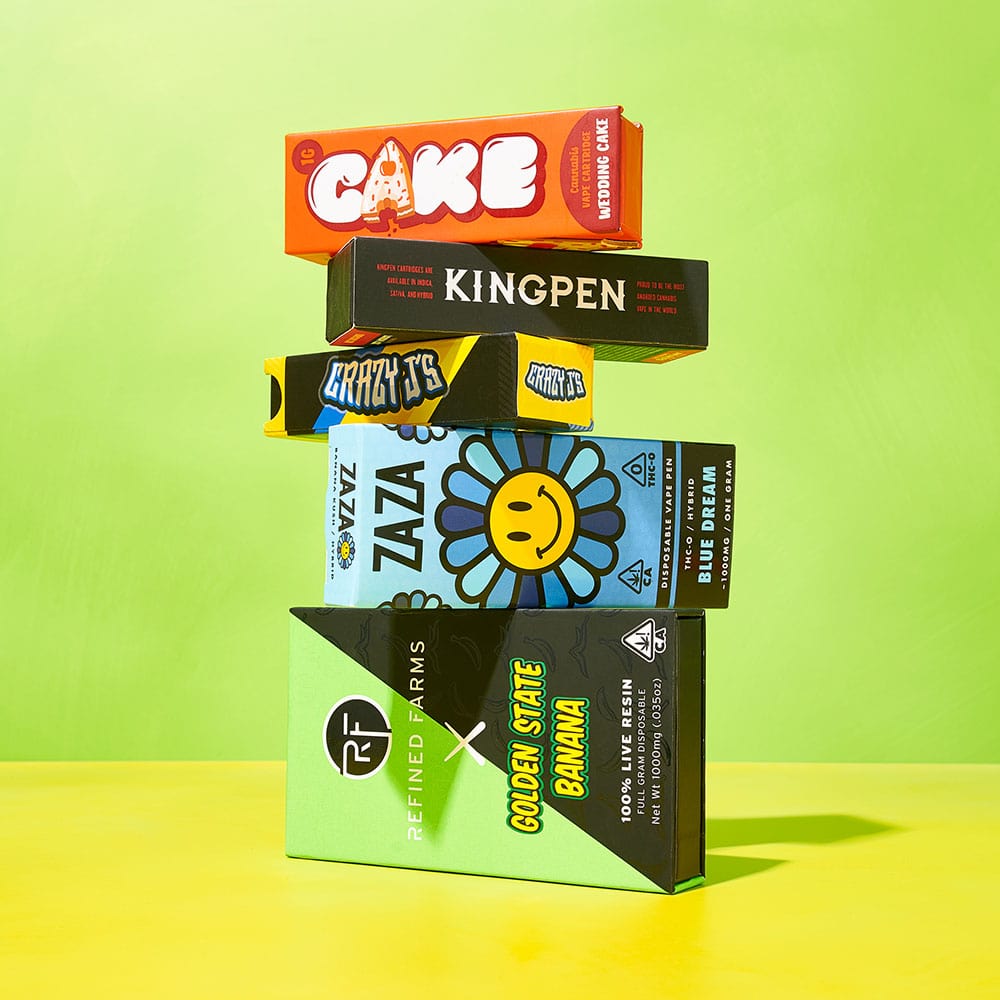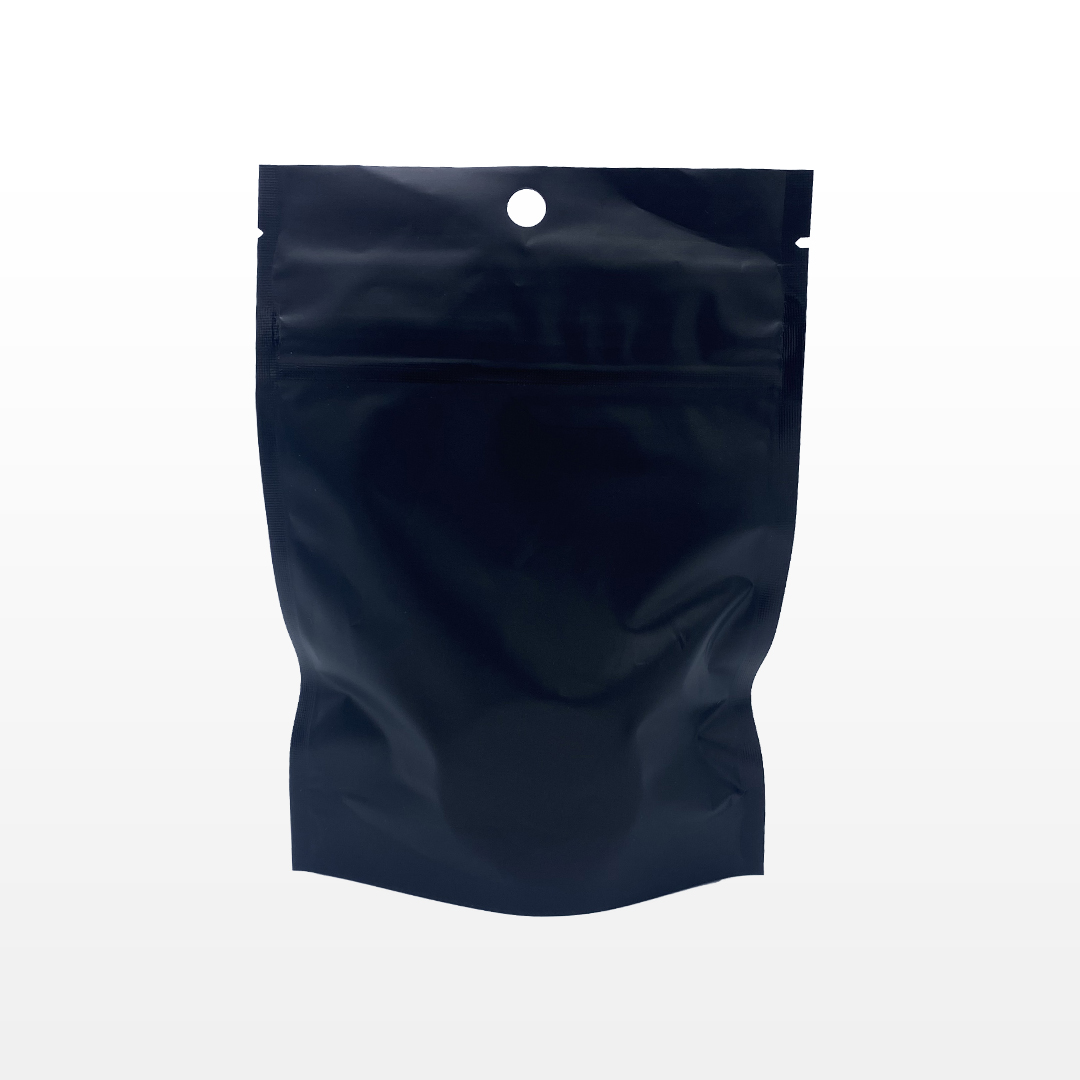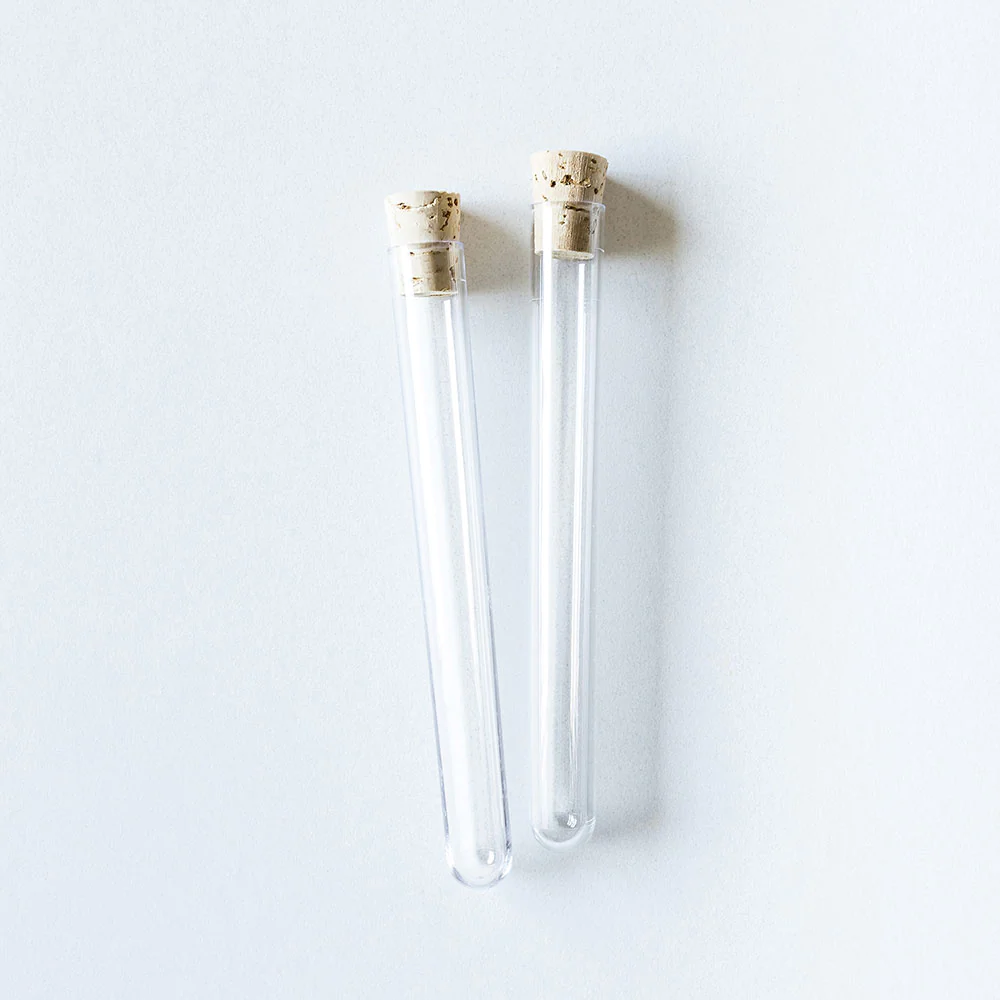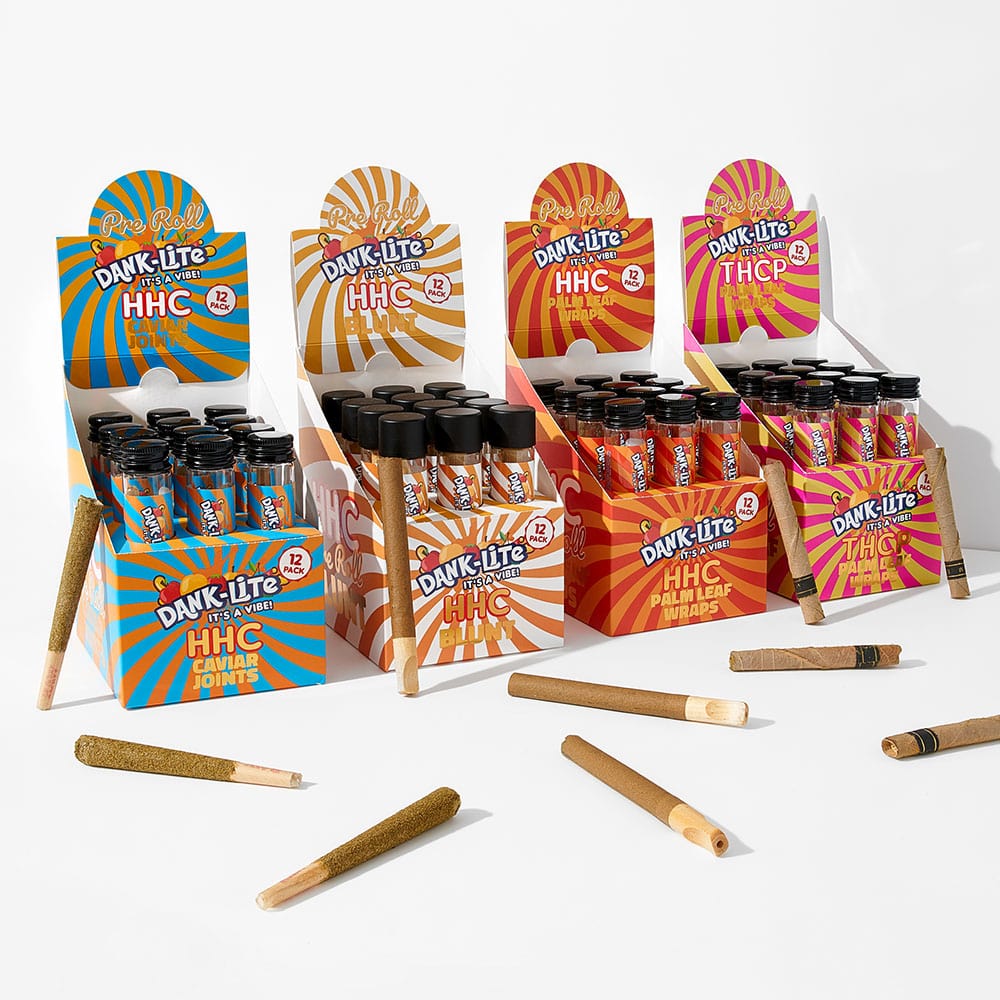No products added!
As the global legal marijuana market grows, so do its product offerings. Among the myriad of products, cannabis oil cartridges, commonly referred to as vape cartridges, are notably popular within the recreational cannabis landscape. This article will delve into the factors driving their popularity, along with the various packaging solutions tailored to them and the respective benefits and drawbacks of each.
Cannabis Cartridges: The Rise to Popularity
The appeal of cannabis cartridges lies in their user-friendly nature, discretion, and controlled dosing. For many, they offer a simplified, mess-free alternative to traditional forms of consumption. Additionally, they provide users with a discreet and odorless option, making them an attractive choice for those seeking to consume cannabis in public or communal spaces.
According to a 2023 report by BDS Analytics, vape cartridges accounted for 22% of total cannabis sales, a notable rise from previous years.
Consumer Preferences and Cartridges
The various cartridge options also cater to diverse consumer preferences, offering different strains and flavors. Furthermore, some cartridges are infused with additional cannabinoids like CBD, catering to health-focused users.
Moreover, advancements in vaporizer technology have significantly improved the quality and diversity of vape cartridges available. Modern vaporizers provide various heat settings, enabling users to control the intensity of their experience and extract different flavor profiles.
Cannabis Cartridge Packaging Solutions
Effective cartridge packaging must protect the product, be child-resistant, and cater to branding needs. Let’s examine the common packaging solutions and their advantages and disadvantages.
Plastic Clamshell Packaging
Clamshell packaging is one of the most common options for cannabis cartridges. These are typically made from clear plastic, enabling consumers to see the product inside.
Advantages: Plastic clamshell blister packaging offers sturdy protection for cartridges and is typically child-resistant. It allows customers to see the product, which can be appealing and informative.
Disadvantages: The main drawback of plastic clamshell packaging is its environmental impact, as plastic is not biodegradable and can contribute to pollution. Additionally, the use of plastic packaging may also be limited by local regulations.
Cardboard Packaging
Cardboard packaging, often in the form of small boxes, is another popular choice for cannabis cartridges.
Advantages: Cardboard packaging provides ample space for branding and product information, enhancing marketing efforts. It is also typically more environmentally friendly than plastic, as it is often recyclable or biodegradable.
Disadvantages: Cardboard packaging can be less protective than plastic, especially against crushing or water damage. While child-resistant designs are possible, they are more complex and potentially costlier to implement.
Glass Containers
Some companies opt to package their cannabis cartridges in small, often decorative, glass containers.
Advantages: Glass packaging gives a premium feel to the product and is also recyclable, making it an environmentally friendly choice. It is excellent for preserving the cartridge’s quality and can be made child-resistant with the right lid design.
Disadvantages: The costs associated with glass packaging are usually higher than those of plastic or cardboard. Glass is also fragile, and breakage could lead to product loss.
Conclusion
Cannabis cartridges have quickly gained popularity in the recreational cannabis market due to their user-friendly design, discreet nature, and diverse offerings. As the cartridge market continues to expand, so too will the demand for innovative and efficient packaging solutions.
While plastic clamshells, cardboard boxes, and glass containers each present unique advantages and challenges, the decision ultimately lies in a balance between product protection, branding needs, regulatory compliance, and environmental responsibility. As the cannabis industry continues to evolve, adaptability will be key to meeting consumer demands and expectations.



